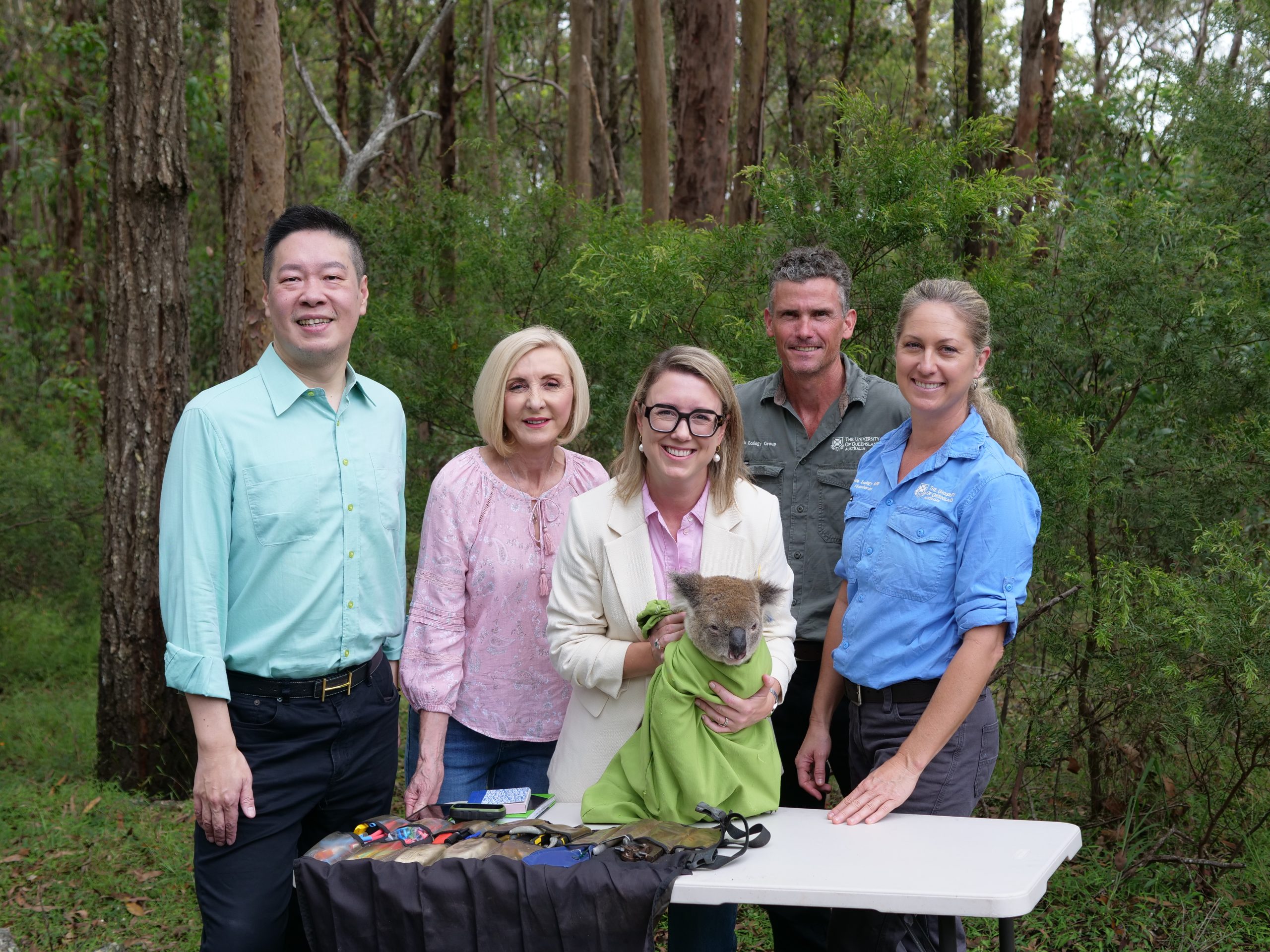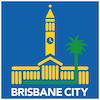
Koala capital of Australia
A koala rescued from Brisbane’s south east has been returned to the wild as the very first success case of the Schrinner Council’s Koala Recovery and Resilience Project.
The koala, named Fudge, was found in Burbank in November 2024 and was infected with deadly chlamydia, which impacts more than 20 per cent of Brisbane’s koala population.
In the lead up to the March 2024 election Lord Mayor Adrian Schrinner committed to investing in new koala conservation projects in partnership with the University of Queensland Koala Ecology Group and backing the registration of Queensland University of Technology’s ground-breaking chlamydia vaccine.
Fudge received two doses of the chlamydia vaccine in December and January under the Schrinner Council funded pilot vaccination program and yesterday (Thursday 6 February) he was released recovered and healthy into the Brisbane Koala Bushland.
Fudge’s success story is a major milestone in the Koala Recovery and Resilience Project with works now to continue within the Brisbane Koala Bushland and expand to the southern parts of the Bayside Parklands Reserve in Chandler.
Releasing healthy koalas into targeted areas where koala populations are known to be on the decline restores the healthy genetics for koala breeding in the area.
Other koala conservation initiatives supported by the Schrinner Council include:
- The Bushland Acquisition program which has acquired over 4400 hectares of land since it began in 1990
- Planting of koala fodder across an eight hectare plantation, which provides eucalypt varieties to local wildlife hospitals for koalas in care
- Delivering a world-first koala crossing over Boundary Road, Camp Hill
- “Leave It” training in partnership with Griffith University to teach dog owners about how to behave around native animals including koalas
- Implementing 50 Wildlife Awareness Monitors to help motorists stay alert while driving, with 10 more monitors to be delivered over the next four years.
For more information about Brisbane’s koala conservation efforts, visit www.brisbane.qld.gov.au
The Schrinner Council has a proud record of supporting programs that maintain Brisbane’s status as the koala capital of Australia.
These projects are helping our koala population grow, which is why we continue to work with leading researchers including major universities to protect our native animals.
Our plans to help our koalas recover and be more resilient ensures a biodiverse environment and supports a thriving koala population in Brisbane in the future.”
Our parks, reserves, plants and animals are all part of what makes Brisbane such a great place to live and relax.
The successful treatment and release of Fudge is a sign of great things to come under the Schrinner Council’s Koala Recovery and Resilience Project and we are looking forward to expanding this program to help more koalas in more areas.
We are so proud of what has been accomplished so far and will continue to work hard to help koalas flourish in our own backyard.”
“It’s fantastic to be continuing our koala research partnership with Brisbane City Council and this new, proactive project is absolutely a win-win for Brisbane’s koalas,” said Dr Sean FitzGibbon, School of the Environment, The University of Queensland
“Reducing the prevalence of chlamydia and protecting koalas against future infection will mean we will see more healthy female koalas produce young, that are themselves more likely to stay healthy throughout their life.
“The study sites we have selected contain large areas of excellent habitat for koalas, but disease has resulted in big population declines over the past 20 years. This project aims to turn things around and allow the populations to bounce back.
“In addition to improving the health of resident koalas at the bushland sites, we will supplement the populations with young, rehabilitated koalas rescued from urban areas of Brisbane helping these youngsters find the habitat they are seeking.
“The UQ team will be working closely with dedicated koala rescue groups and wildlife hospitals to deliver this important koala conservation project.”

